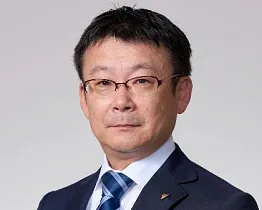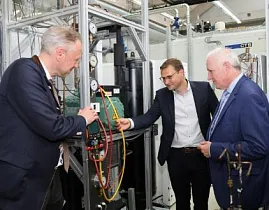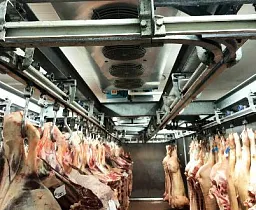
The UN Environment Programme (UNEP) OzonAction Compliance Assistance Programme (CAP), West Asia Office, in cooperation with the National Ozone Unit (NOU) of the Syrian Arab Republic, Ministry of Local Administration and Environment, organized a successful two-day (17-18 July 2021) online training for technicians on Leak Detection, Safe handling of refrigerants and Good Practices and a Consultation Meeting for Stakeholders on the Development and Adoption of International Standards as part of their Country Programme to accomplish the tasks under the HCFC (hydrochlorofluorocarbon) Phase-Out Management Plan (HPMP) of Syria.
The Technician’s training on 17 August, was highlighted by the information shared by invited experts on their experiences and challenges with long-term alternatives such as alternative refrigerants for HCFCs in Middle East countries with High Ambient Temperatures. Mr. Michel Farah, Director of Environmental Responsibility at Daikin Middle East and Africa, confirmed that flammability issues are mitigated by proper application of good installation procedures and servicing by trained technicians. Furthermore, a key element for transition to reduce climate and environmental impacts will sooner be the better approach. Once the most balanced and feasible solution for an application is found, manufactures should commercialize and disseminate the technology.
The application of good installation and servicing of flammable-based air conditioning units also highlighted the technician’s training which was shared by an international expert, Mr. Manuel Azucena of the UNEP West Asia Office. The training was well attended by various stakeholders from private industries and public offices in Syria in addition to the participation of the National Ozone Unit of Iraq.
 The Consultative meeting on 18 August discussed the importance of developing/adopting international standards relevant to refrigeration and air conditioning (RAC) as Syria’s preparation for the possible introduction of alternatives to HCFCs that might be flammable, high pressure, or toxic.
The Consultative meeting on 18 August discussed the importance of developing/adopting international standards relevant to refrigeration and air conditioning (RAC) as Syria’s preparation for the possible introduction of alternatives to HCFCs that might be flammable, high pressure, or toxic.
Various International Standards relevant to RAC were presented by an international expert, Mr. Manuel Azucena, on the possible applicable standards to the Syrian context. The experience of the Philippines in developing and adopting international standards into national standards was shared by a Technical Committee member of the Bureau of Philippines Standards, Mr. Augusto Quitco. It was noted from the presentation by Ms. Tharaa Qubaili of the Syrian Arab Organization for Standardization and Metrology (SASMO), that the process and procedure of developing/adopting international standards into national standards by other countries are similar to Syria’s through SASMO. She stated that SASMO and the NOU in Syria look forward to creating a working committee to begin developing/adopting relevant international standards into national standards as part of their commitment to the Montreal Protocol.
In closing, Mr. Khaled Klaly, Montreal Protocol Regional Coordinator, UNEP West Asia, extended his appreciation to all the participants, stakeholders of Syria, resource persons, and the efforts of the NOU in organizing a successful training and meeting despite the challenges due to the COVID-19 pandemic.



